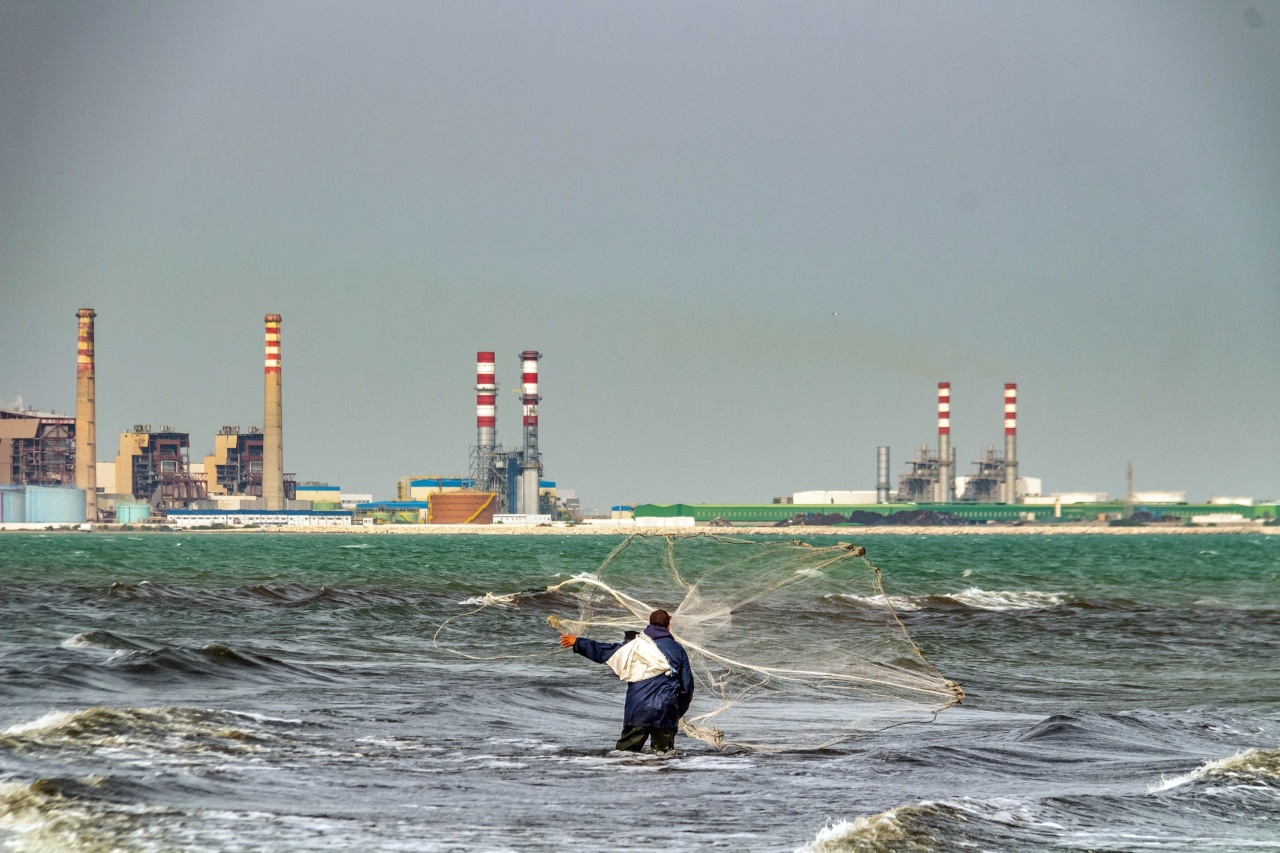Fatty fishery, including salmon, tuna and mackerel, is the main source of healthy omega-3 fatty acids. This valuable food is not just a delicious meal on our plate but also an important part of a balanced and healthy diet.
However, the condition of our valuable fatty fishery is worsening.
Reasons for the Worsening Condition of Fatty Fishery
There are several reasons for the worsening condition of fatty fishery. Some of the most significant factors are outlined below:.
Overfishing
Overfishing is the biggest problem affecting the fish population. Overfishing results when fish stocks are depleted by fishing at a higher rate than they can reproduce.
Many species of fish have been overfished to such a degree that they are now classified as endangered, including bluefin tuna and Atlantic salmon.
Environmental Challenges
Environmental challenges can have a significant impact on the health of fish populations. Climate change, for example, has led to warmer water temperatures, which can cause many fish populations to decline.
Similarly, changes in ocean currents and weather patterns can also impact the availability of prey and habitat for fish.
Pollution
Pollution is another major problem facing fatty fishery. As our seas and oceans become more polluted, fish are exposed to harmful toxins that can impact their health, and in some cases, make them unsafe to eat.
This is a problem not only for wild fish but also for farmed fish, which are also exposed to toxins and other environmental pollutants.
Impact on Health
The worsening condition of fatty fishery also has a significant impact on human health.
Since fatty fishery is a primary source of omega-3 fatty acids, the decline in fish populations means that people are not getting enough of these essential nutrients. Omega-3 fatty acids play a vital role in brain function, reducing inflammation, and lowering the risk of heart disease, among other health benefits.
Impact on the Economy
The diminishing condition of fatty fishery also has many economic consequences. Many communities rely on fishing as a way of earning a living, and the declining fish populations can adversely affect their income.
The fishery industry is worth billions of dollars worldwide, and the overfishing and depletion of fish stocks can have a severe impact on the economy.
Solution
There are many solutions that can help to address the worsening condition of fatty fishery. Some of the most effective approaches are outlined below:.
Fishing Quotas
Fishing quotas can be a powerful tool to help manage fish populations. By using fishing quotas, authorities can restrict the number of fish that can be caught, which can help to maintain healthy fish populations.
This enables fish populations to recover and replenish themselves, ensuring their continued survival.
Avoiding Unsustainable Fishing Practices
Avoiding unsustainable fishing practices is critical in safeguarding the condition of fatty fishery. This can include reducing bycatch and avoiding destructive fishing methods.
For example, the use of nets with smaller mesh size can avoid the unintentional capture of smaller fish and boost fish populations.
Promoting Sustainable Aquaculture
Promoting sustainable aquaculture, is also a crucial step in maintaining healthy fish populations. This involves farming fish in a manner that is sustainable and doesn’t impact the surrounding ecosystem.
Such methods can include ensuring that the fish are fed a diet that mimics their natural diet, and their habitats are regularly cleaned.
Encouraging the Consumption of Alternative Sources of Omega-3 Fatty Acids
Encouraging the consumption of alternative sources of omega-3 fatty acids is an effective way to address the impact on human health. Foods like nuts, seeds and plant oils are good alternative sources of omega-3 fatty acids.
Conclusion
The worsening condition of fatty fishery is a severe concern that has far-reaching consequences for both human health and the planet’s ecosystem.
In a world where fish populations continue to decline, it is our responsibility to take action by adopting sustainable practices and reducing our impact on the environment. By working together, we can ensure that our valuable fatty fishery is preserved for generations to come.































